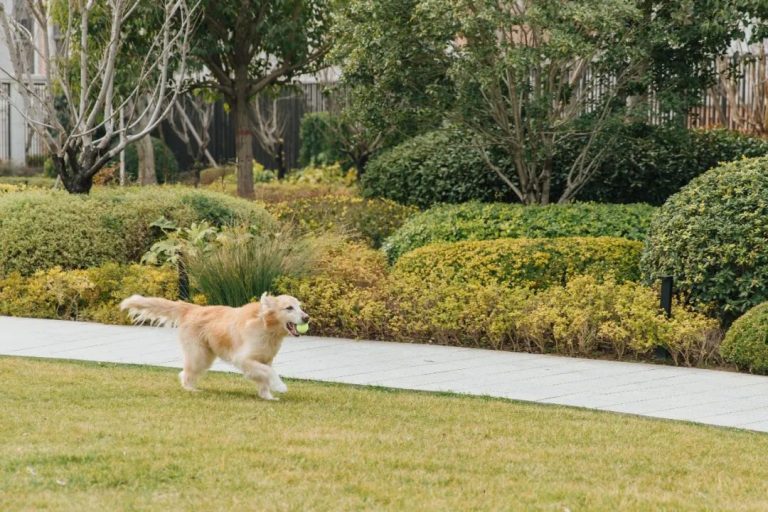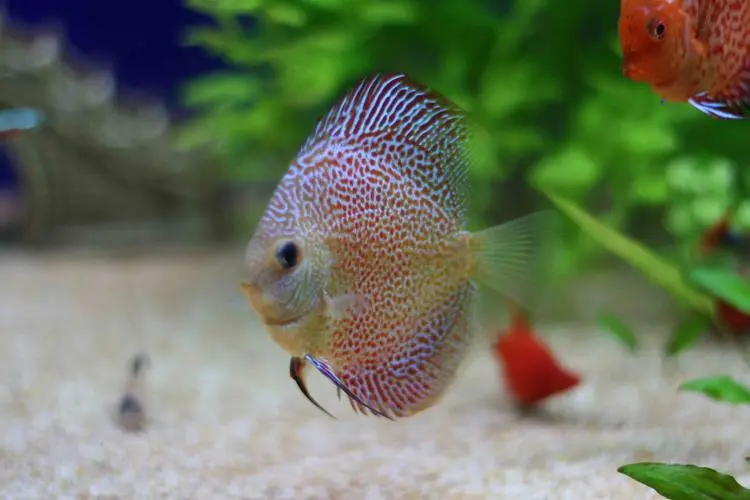Caring for Senior Pets: Tips for a Happy and Healthy Old Age
As our beloved pets age, their needs change, and they require a bit more care and attention to ensure a happy and healthy old age. Senior pets have unique requirements, and understanding how to meet these needs is essential for their well-being. In this article, we’ll explore tips for caring for senior pets to help them enjoy their golden years to the fullest.

1. Regular Veterinary Check-ups
Regular veterinary check-ups are crucial for senior pets. As pets age, they are more susceptible to various health issues, including arthritis, dental problems, and organ diseases. Routine check-ups allow your veterinarian to detect and address these issues early, improving the chances of successful treatment.
2. Age-Appropriate Diet
Senior pets often have different dietary needs than their younger counterparts. Consider transitioning to a senior-specific pet food that addresses the nutritional requirements of aging pets. These formulas often contain joint support ingredients and are easier on aging digestive systems.
3. Weight Management
Maintaining a healthy weight is essential for senior pets. Obesity can exacerbate age-related conditions and put additional strain on joints. Work with your veterinarian to monitor your pet’s weight and adjust their diet as needed to maintain a healthy body condition.
4. Dental Care
Dental health is crucial for pets of all ages, but it becomes even more critical as they get older. Dental issues can lead to pain, difficulty eating, and systemic health problems. Regular dental cleanings and at-home dental care can help keep your senior pet’s teeth and gums healthy.
5. Provide Comfortable Accommodations
Make your senior pet’s living space comfortable and accessible. Consider providing soft bedding to cushion joints, ramps or stairs to help them reach high places, and non-slip surfaces to prevent falls. Make sure they have easy access to food, water, and a litter box if they are a cat.
6. Exercise and Mental Stimulation
While senior pets may not have the same energy levels as when they were younger, regular exercise and mental stimulation are still essential. Gentle walks, interactive toys, and puzzle feeders can help keep their bodies and minds active.
7. Joint Support
Many senior pets experience arthritis or joint pain. Joint supplements, such as glucosamine and chondroitin, can be beneficial. Consult your veterinarian to determine the best joint support plan for your pet’s specific needs.
8. Regular Grooming
Senior pets may have difficulty grooming themselves as thoroughly as they used to. Brushing their coat regularly can help prevent matting and reduce shedding. Additionally, it’s an excellent opportunity to check for lumps, bumps, or changes in their skin.
9. Love and Attention
As pets age, they often appreciate the comfort and companionship of their human family members even more. Spend quality time with your senior pet, providing love, attention, and reassurance. A little extra TLC goes a long way in keeping them happy.
10. Be Attentive to Changes
Pay close attention to any changes in your senior pet’s behavior or health. Increased thirst, changes in appetite, difficulty moving, or sudden behavior changes can be signs of underlying health issues. Promptly consult your veterinarian if you notice any concerning changes.
In conclusion, caring for senior pets requires attention to their changing needs and a commitment to their well-being. With proper veterinary care, a balanced diet, a comfortable living environment, and your love and attention, you can help your senior pet enjoy a happy and healthy old age.
By following these tips, you can make your senior pet’s golden years truly golden, filled with comfort, companionship, and the best possible quality of life.






